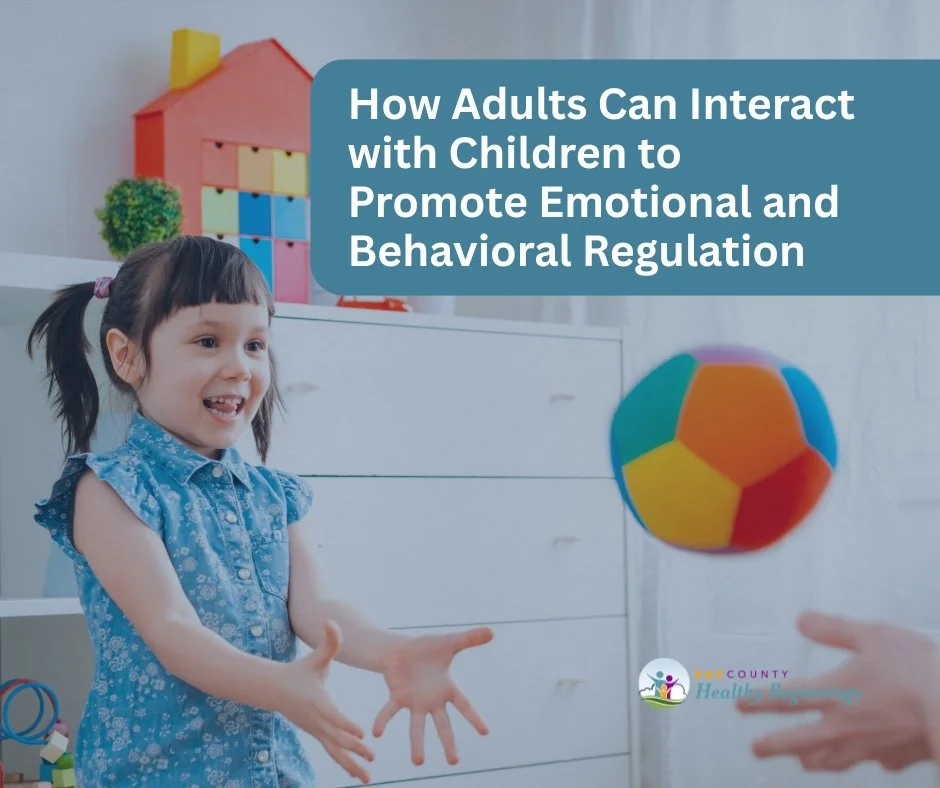Presented by Christine Schmidt, PsyD
Children who have histories of complex trauma, including experiences of prenatal substance exposure, abuse, neglect, loss, and witness to violence often endure significant emotional and developmental struggles, sometimes even years after some degree of emotional stability has been achieved. This workshop will explore the neurobiological impact of complex trauma, including the profound effects of early adverse experiences on brain development and behavior. Strategies to help adults promote emotional and behavioral regulation will be introduced, with a focus on how adults show up, what adults can say, and tools adults can use to promote organized and regulated behavior.
Learning objectives
At the completion of this session, participants will be able to:
Discuss behavioral and emotional problems in the context of the child’s dysregulation
Name three strategies for promoting and managing emotional and behavioral regulation

